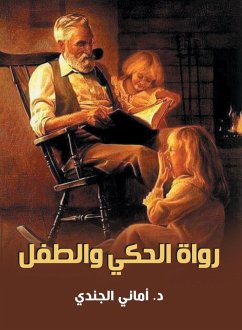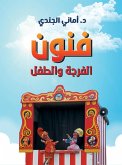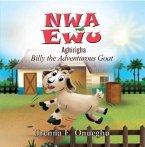In its narration of folk tales for children, the popular group relies on the elderly, as they are the ones with expertise and experiences that must be passed on to the children on the one hand, and on the other hand they are responsible for raising young people. Who among us does not enjoy hearing folk tales told by a grandmother, grandfather, elderly nanny, or elderly neighbor? Who among us has not felt the warmth, tenderness, and honesty emanating from this story-telling grandmother or her substitutes? But why are the elderly the ones who are distinguished by their ability to tell stories? Is it because they have experience? Or because they are responsible for raising young people? Or are there other characteristics available to these narrators that help convey the message presented in the story to children and work to achieve its goals? The success of the elderly in transmitting this popular saying is due primarily to the young person's idea of ¿¿this person... and to the role that the person plays within the group through the status and appreciation that popular culture gives him.
Dieser Download kann aus rechtlichen Gründen nur mit Rechnungsadresse in A, B, BG, CY, CZ, D, DK, EW, E, FIN, F, GR, H, IRL, I, LT, L, LR, M, NL, PL, P, R, S, SLO, SK ausgeliefert werden.









